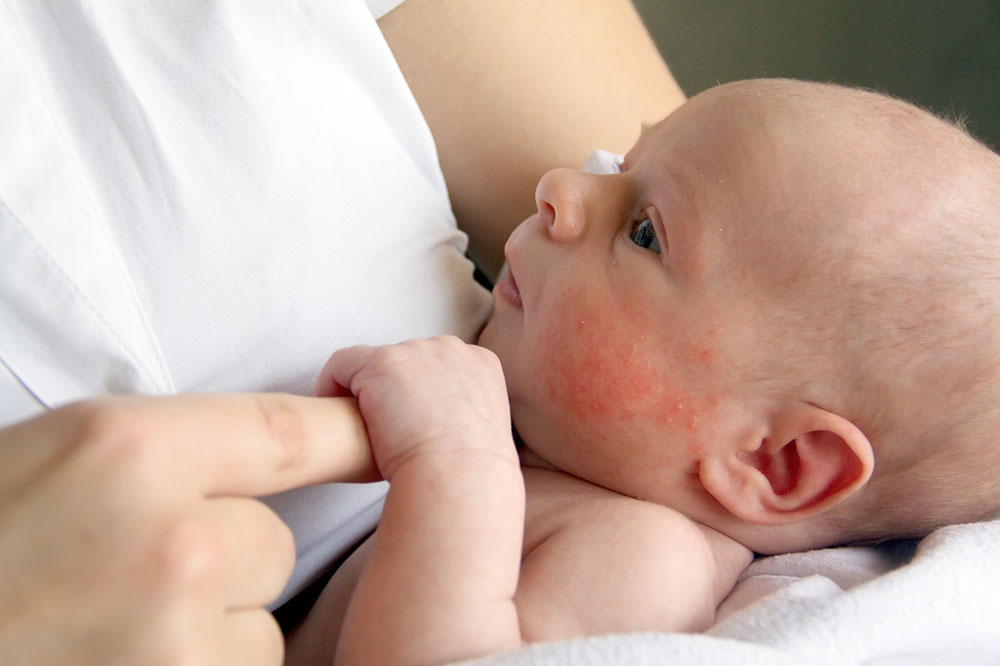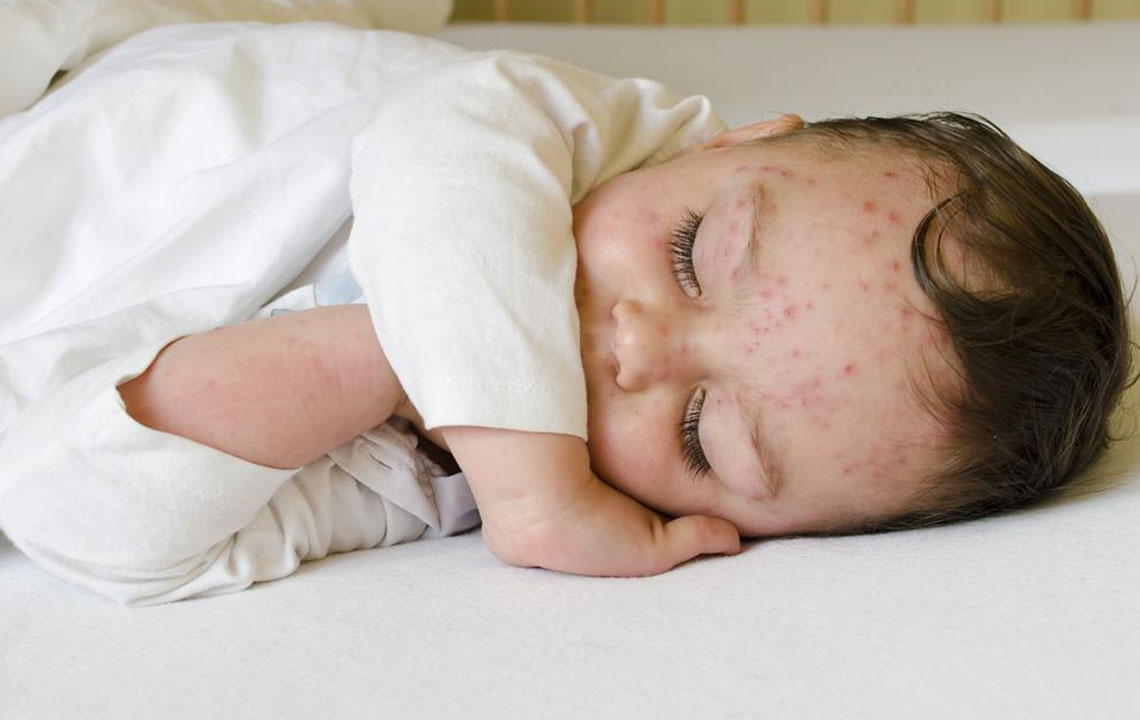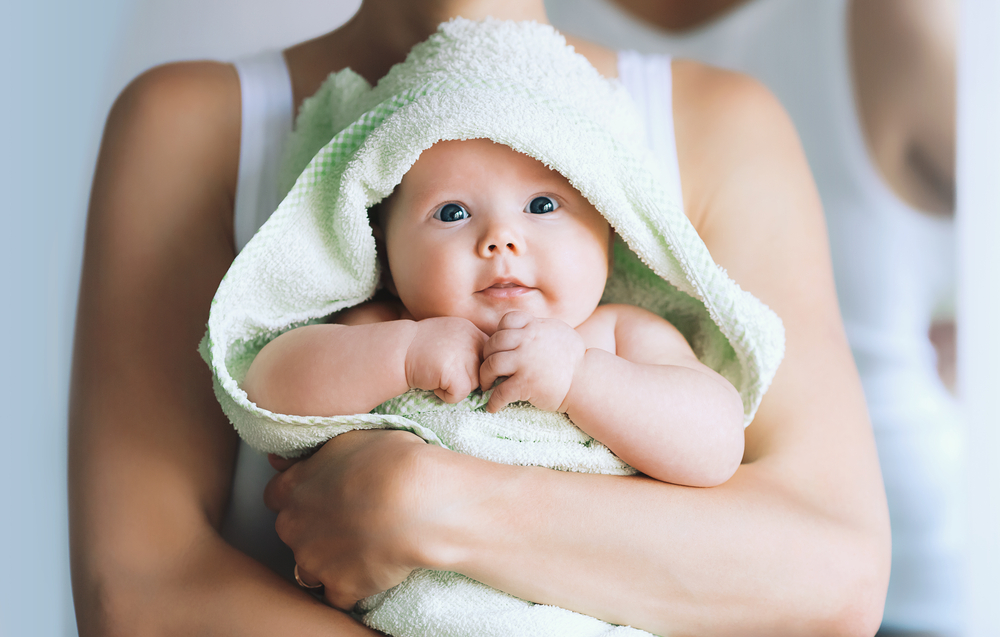Essential Tips to Prevent Common Skin Conditions in Your Baby
Discover effective ways to prevent common infant skin issues such as baby acne, diaper rash, cradle cap, and heat rash. This guide provides simple care tips to keep your baby’s skin healthy and flawless, ensuring comfort and peace of mind for new parents. Learn when to seek pediatric advice for persistent conditions.
Sponsored

As a new parent, noticing rashes, spots, or bumps on your infant’s skin can be worrying. Most of these issues are harmless and resolve naturally or with minimal care. Understanding common baby skin concerns and knowing how to handle them can help keep your little one comfortable. Here are some frequent skin issues in infants:
Newborn acne
This condition affects about 20% of newborns and appears within the first few weeks. Its cause is linked to hormonal changes from the mother or infant. The best approach is to avoid touching or squeezing the spots. Gently wash your baby’s face with water twice daily and pat dry.
Diaper irritation
If your baby’s bottom is red and sore, it’s likely diaper rash. It results from prolonged exposure to moisture, urine, and stool trapped in the diaper. To prevent it, change diapers frequently and keep the area clean and dry. Use gentle wipes without alcohol, and consult your pediatrician if the rash persists before applying creams.
Cradle cap
Notice white or yellow flakes on your baby’s scalp? This common condition, called cradle cap, usually appears in the first months and can last up to six months. It’s caused by excess oil production. You can gently wash the scalp daily with mild baby shampoo and avoid scratching. If flakes persist, seek advice from your pediatrician.
Heat rash
Red, itchy spots on the face, neck, or upper body indicate heat rash, typically caused by blocked sweat glands. It’s more common in infants due to their sensitive sweat glands. Most cases clear within a few days, but cool baths help soothe discomfort. Avoid powders or lotions that can worsen the condition. If symptoms persist, contact your pediatrician.





